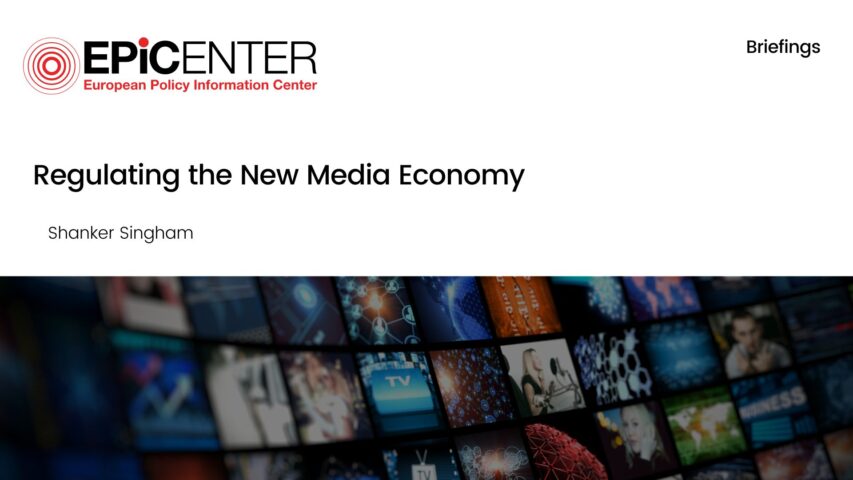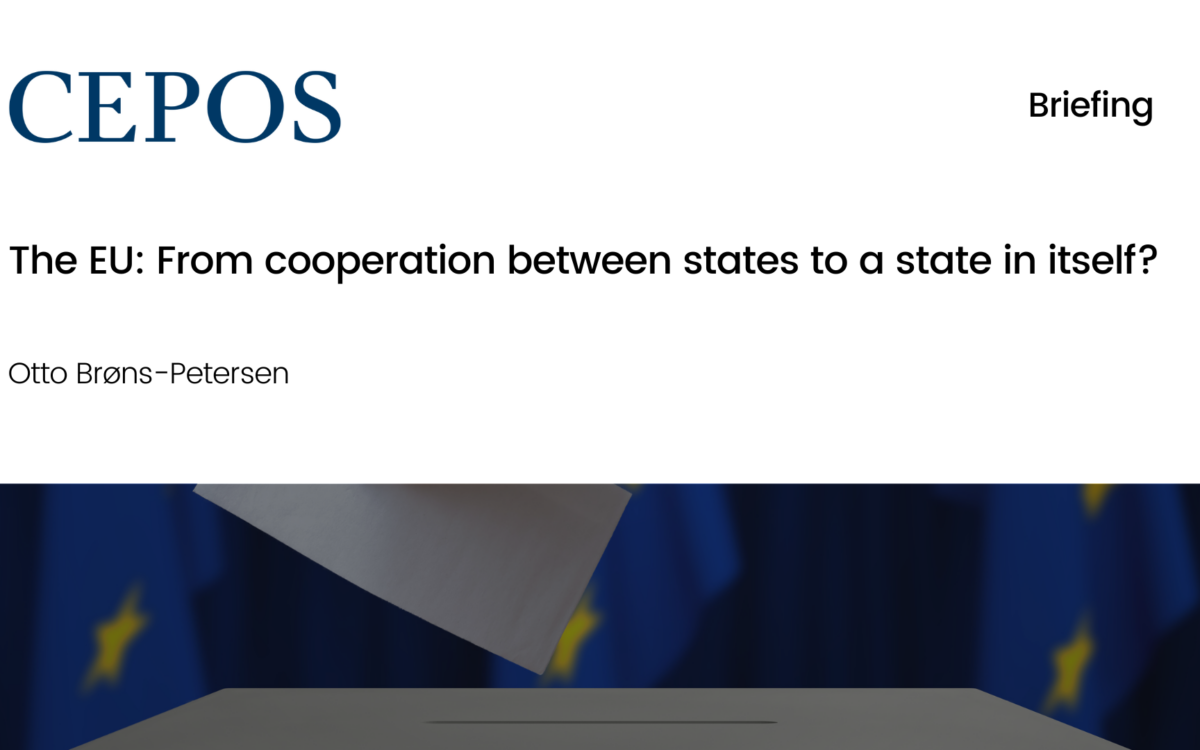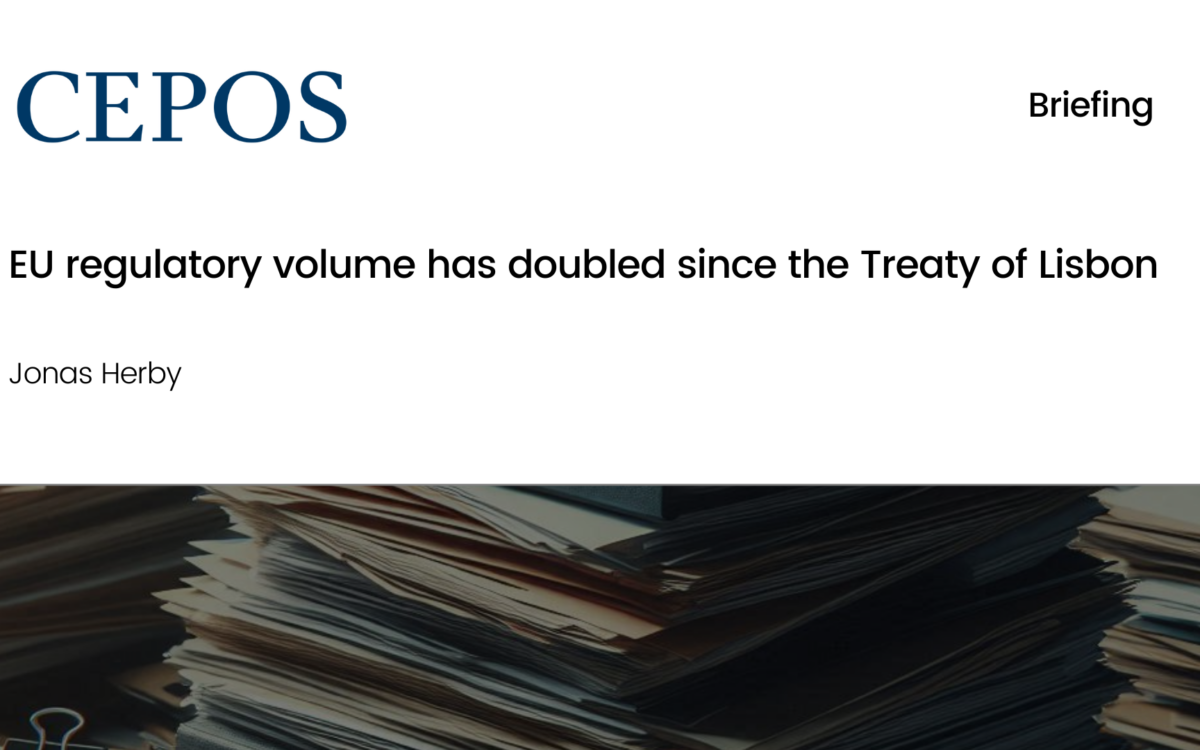Regulating the New Media Economy

Regulating the New Media Economy
October 2018
The new media economy operates differently from other industries when it comes to regulation. The marginal costs of technological giants mean that their interactions are distinct from other industries where governments try to prevent cartels from occurring.
As result of the dramatic increase in the importance of delivering relevant content, the understanding of locality has changed. Accordingly, shared interest has become the predominant feature in markets these days, and physical or geographic locality in turn has become of less determinative of a market.
The relation between high-tech firms and antitrust policy depend upon numerous factors, all are inextricably related to firms and end-consumers, interacting in a market with increasing intervention.
Download or share this publication
View the PDF
EPICENTER publications and contributions from our member think tanks are designed to promote the discussion of economic issues and the role of markets in solving economic and social problems. As with all EPICENTER publications, the views expressed here are those of the author and not EPICENTER or its member think tanks (which have no corporate view).



